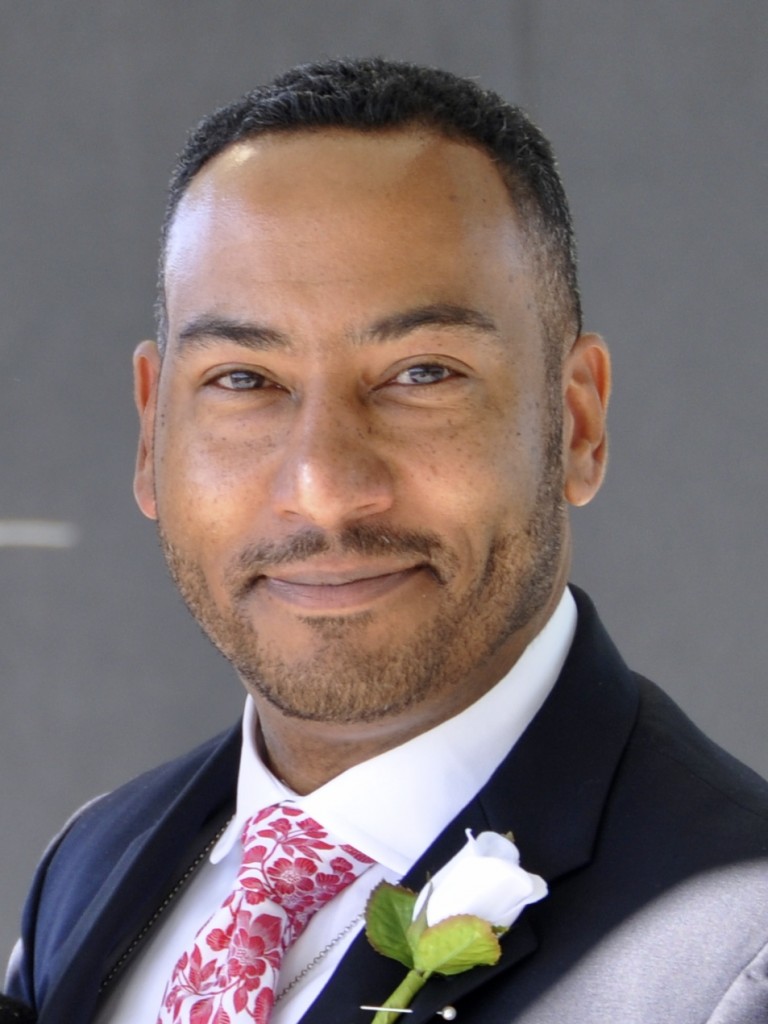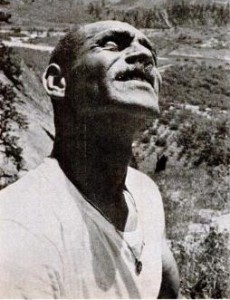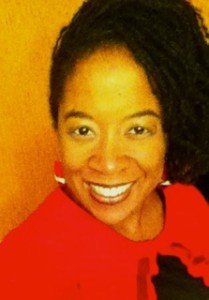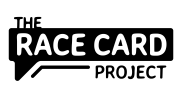 Aaron David Snipe,
Aaron David Snipe,
Falls Church, VA.
It was one day before the 4th of July parade at the summer camp I had attended each summer of my childhood, and the campers and counselors had all congregated outside to discuss our cabin’s float for the parade. Summers at the camp in rural Pennsylvania were filled with mountain biking, swimming, and playing endless hours of soccer in meadows turned muddy by the frequent torrential rains of the season. We hiked hard, played hard, and even napped hard. As 10-year olds, we had little time to ponder the intricacies of race. I was one of the few African-American kids at that camp, but race never seemed to matter much back then. Though, I was aware of my race from a very early age. As the child of an African-American father and Caucasian mother, “awareness” was an inevitability of my childhood experience growing up in Boston in the 1970s.
So, on that day – July 3rd – as we assigned responsibility for “who” would do “what” in the parade, I raised my hand and said assertively, “I want to be George Washington!” I was a popular and well-liked camper amongst my peers and it seemed an easy pick. Yet, at that moment, with those six little words, I ran straight into the first barrier of race I’d ever encountered. A cabin mate – a real pal of mine – standing on a wobbly rock a few feet away from me innocently said, “But, wait, you can’t be George Washington, you’re black.” I was gobsmacked. Not just at the assertion, but at the cascading reaction of everyone around him. The other campers began to mumble, “Yeah, he’s right. George Washington was white. Aaron can’t be George Washington.” Another white camper chimed in, “I can be George Washington!” And then another, “No, I want to be!” Tears filled my eyes as I watched the other campers debate who would fashion Washington’s Tricorne out of cardboard, and where they would find cotton for the wig.
Not very skillful at handling my emotions, I ran crestfallen off into the woods. A counselor – one of only two African-American counselors at the camp – chased after me. “Hey, hey. It’s ok,” he said. “It’s not ok! I want to be George Washington!” I said, still crying uncontrollably. Not knowing quite what to do, the counselor offered a solution. “Hey! I got it. You can be Frederick Douglass!” “Frederick Douglass is NOT George Washington!” I barked back at him. I don’t recall what happened next, but in the hours after the exchange the counselors met and sold me on “playing a role that’s even better than George Washington.” So, the next day, I carried Old Glory at the very front of the parade, in front of all the other floats. I was the parade’s standard bearer.
That 4th of July kerfuffle didn’t ruin my summer that year, and I don’t think I gave it much thought in the months and years that followed. But, as the years progressed, I realized that Independence Day marked a turning point in my life. Up until that point, I had been aware of race as part of my identity, but never as a part of my identity that could prevent me from doing something. I never got to be George Washington at summer camp, and I think about it often now that I am raising a son. I wonder when he will have his “George Washington” moment, and whether I will be there to help him through it. Time’s have certainly changed, and he now lives in a world where he can be “Barack Obama.” But, I still hope he’ll get a chance to be George Washington one day.







